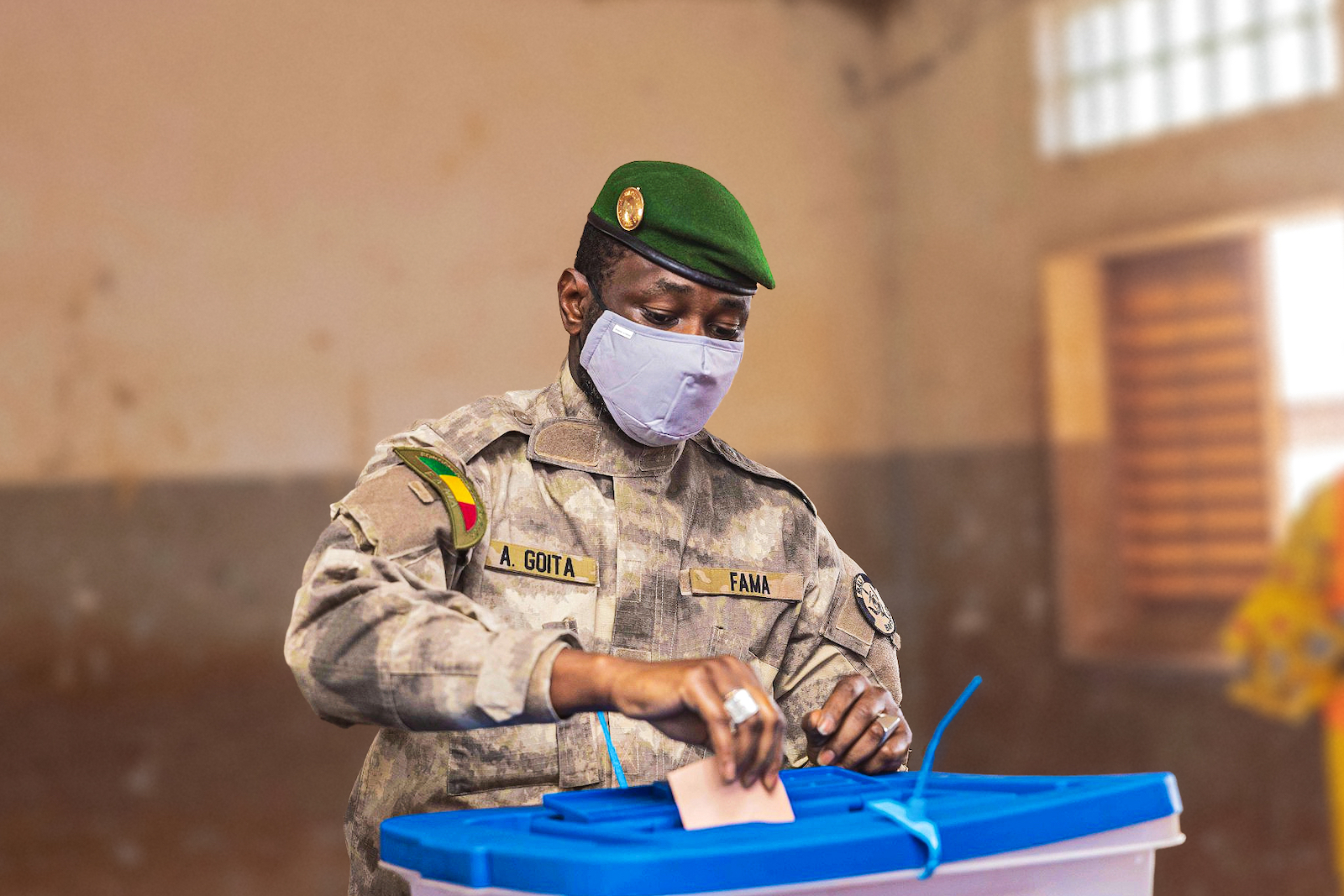
The Pursuit of Elusive Political Stability in the Sahel
In the wake of escalating political instability, leaders from West Africa recently met in Abuja, Nigeria for a summit on the burgeoning crisis in their region, grappling with the dual threats of a growing jihadist movement in the Sahel and mounting disapproval of governance in several member nations.
The summit of the Economic Community of West African States (ECOWAS) leaders was predicated on forging a consensus on addressing a region beset by crisis, following a spate of military coups and foiled insurgencies that swept across the African continent amid significant political disarray in several countries.
In recent years, the African political landscape has been characterized by tumultuous upheaval, manifest in military coups and civilian insurrections. Gabon emerged as a prominent case, where military officers usurped President Ali Bongo, ending nearly sixty years of dynastic rule. The coup elicited a bifurcated response: while throngs celebrated in the thoroughfares, others resorted to humor.
This pattern extends beyond Gabon. Since 2020, Africa has borne witness to a resurgence of such episodes, with West Africa, Central Africa, and the Sahel region being particularly affected. Mali underwent a seismic political shift three years prior when Colonel Assimi Goïta spearheaded a military coup, which was succeeded by another against an interim government in 2021. Guinea, Sudan, Chad, and Burkina Faso have also encountered comparable unrest of late.
In July, the equilibrium of Niger’s political fabric was disrupted when the presidential guard deposed President Mohamed Bazoum. This turmoil unfolded in the shadow of the Gabonese coup. Moreover, The Gambia, Guinea-Bissau, and São Tomé and Príncipe have each contended with unsuccessful coup endeavors.
These events raise critical questions about the state of democracy and governance in Africa. Are citizens increasingly disillusioned with civilian-led governments, even those that claim to be democratic? Is the continent on the brink of more such political upheavals? Moreover, the role of international players, including former colonial powers like France, Russian mercenaries, and regional organizations like ECOWAS, in influencing these events remains a topic of considerable debate and analysis.
At the ECOWAS summit, the political impasse in Niger was thrust into the limelight. The international community has zeroed in on the region’s most recent coup in Niger, prompting ECOWAS to enact stringent sanctions and threaten military intervention to restore the civilian government. The bloc has been adamant that Niger must demonstrate strides towards a transition to civilian rule before any sanctions relief.
Nigeria’s President Bola Ahmed Tinubu, the Chairman of ECOWAS, exhorted West African leaders to enshrine good governance as a cornerstone for the people, asserting it as a linchpin for socioeconomic metamorphosis and development.
“By providing good governance that tackles the challenges of poverty, inequality, and other concerns of the people, we would have succeeded in addressing some of the root causes of military intervention in civilian processes in our region,” he said.
Omar Touray, President of the ECOWAS Commission, disclosed that leadership from Benin, Togo, and Sierra Leone would engage with Niger’s ruling military junta to deliberate on progress towards a transition and other preconditions for lifting sanctions “to agree on a short transition roadmap, establishing transition organs as well as facilitating the setting up of a transition monitoring and evaluation mechanism to work for the speedy restoration of constitutional order.”
Niger — a pivotal ally for Western nations in countering Sahelian militancy — has decreed the withdrawal of French troops stationed within its borders. The United States, in contrast, persists with its military presence in the country. The French forces’ departure from the Sahel, which spans over a million square miles, has raised concerns about the potential spread of jihadist violence in the region.
Presently, negotiations with Niger’s military junta in Niamey have reached an impasse, devoid of any substantive resolutions. ECOWAS has clamored for the immediate reinstatement of the deposed President Bazoum, but the current rulers have kept him detained and are seeking up to three years to transition back to civilian rule, thus stymying progress.
Touray acknowledged Niger’s severe humanitarian crisis but criticized the military junta for obstructing the flow of aid into the country. An expeditious transition to civilian governance in Niger is deemed imperative for stability; without it, the nation is unlikely to avert further disarray.
ECOWAS’s role in stabilizing the Sahel and other African regions rife with political unrest is multifaceted. A principal strategy is diplomatic engagement and mediation, where the international community could facilitate dialogue and broker peace accords among warring factions within these nations. Employing a “carrot and stick” approach may necessitate imposing sanctions against conflict-perpetuating leaders, alongside incentives for positive engagement. Upholding democratic practices, like ensuring fair elections and championing human rights, remains critical. Should military intervention with peacekeeping forces be warranted, it must comply with international statutes and be underpinned by a definitive mandate.
Economic development and aid are critical in addressing the fundamental causes of instability, such as poverty and educational deficits. Augmenting the capabilities of local governments to manage conflicts and render services is also vital for enduring peace, an area where the international community can lend support. ECOWAS is charged with fostering regional cooperation to confront collective challenges, including terrorism. Delivering humanitarian aid in conflict zones is crucial to mitigate suffering and avert the exacerbation of crises. Through reconciliation endeavors and addressing foundational grievances, these nations can cultivate national unity and secure long-term stability.

